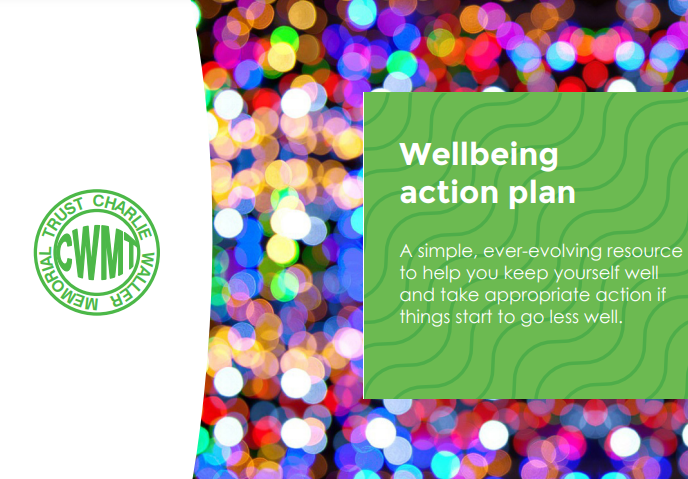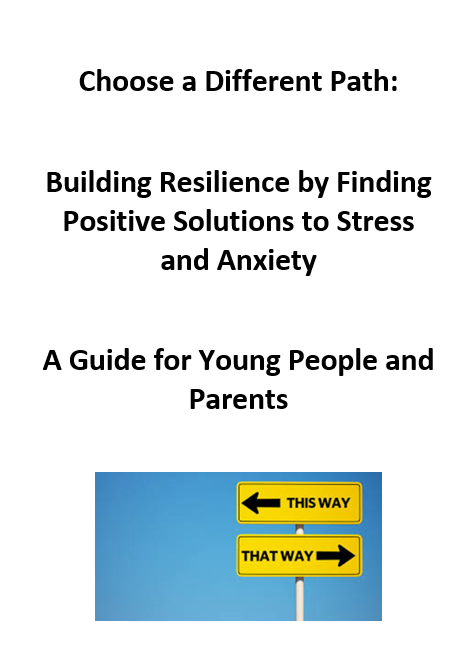Stress is a perfectly normal response to events around us. Our ability to act impulsively and immediately is actually very important. This ‘fight and flight’ behaviour is a response to a stress hormone produced by our bodies called cortisol that triggers a reaction in order to keep us safe from harm. For our ancestors, this was essential for survival.
A certain amount of stress can help us to be more alert and focused. However, in the modern fast paced world, too much stress, or constantly being anxious, is unhealthy for our lives and relationships. It makes us ‘hypervigilant’ a lot of the time. This means we are constantly on edge and looking out for the next threat. Feeling like this can mean we are constantly in ‘fight / flight’ mode and makes it very difficult to think clearly.
Over time, when we experience too many situations that have developed into triggers that make us feel stressed, we can begin to feel a lack of control in our life. In these circumstances, we are likely to experience low mood, feel less resilient, and have poorer mental wellbeing.

There are strategies that you can use to help improve your mental wellbeing and resilience. There are physical strategies, such as relaxation, healthy eating, setting a good sleep routine, and exercising regularly, and there are talking strategies.
Physical strategies are basic and often forgotten about, but they are crucial when responding to stressful events. Paying more attention to the basics first can bring about a better balance that will help your begin to feel better straight away.
One of the best short term solutions to a stressful event is a relaxation exercise. These can quickly slow your heart beat and help calm you down. Good relaxation techniques include Breathing Exercises, Muscle Relaxation, Visualisation or Guided Imagery. More information on each of these can be found in the Resources section.
Click the image below for a helpful guide to help you keep yourself well and take appropriate action if things start to go less well.
Click the image below for information on building resilience, challenging unhelpful thinking and advice on who to contact if you need further support.
Click here for ideas of activities to help increase calm and focus.



